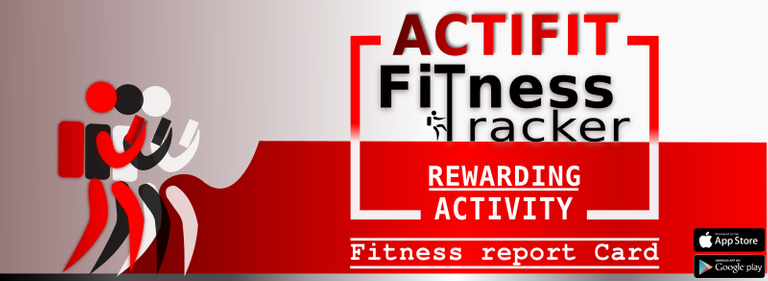My Actifit Report Card: May 21 2021
Well, I got Chapter 6 of Aspects of Sand out on Wattpad and Penana, so that’s something for today.
Other than that it was pretty rough. I had a tremendously awful migraine that hit while I was showering after my morning walk and was so bad that I could hardly move. I was literally stuck half-dressed trying to muster up the will to get a shirt on.
Fortunately, it was lighter through the rest of the day but I still didn’t get as much stuff done as I would have hoped.
But hey, each day, right?
I’ve fleshed out the idea for an essay, “Can and Ought,” which is an examination of the three different strands of political thought (which I classify as “Can and Ought” for progressivism, “Cannot and Ought” for conservatism, and “Cannot and Ought Not” for libertarianism).
These definitions apply to the outlook of an individual toward the state.
There is maybe some room for a broadening of this, because, for instance, conservatism in this definition actually includes a pretty broad range from the classically liberal to reactionary, with some progressives perhaps also falling in that category (e.g. left-anarchists), but since the progressives who fall into that middle category tend to either take political action at odds with their stances (e.g. “anarchists” taking democratic votes and creating collective bodies for decision-making, acting as if the state “can”).
There is the idea of “can and ought not”, which is not something that I can find an example of. The few examples I can find of this seem mostly to come from people who are looking at others’ work and characterizing it in this fashion, and I don’t think the people who actually espouse these philosophies would ever classify their beliefs as can and ought not.
That is, if you believe that the state is an effective tool for action, then it will stand to reason that any logical consideration will be met with the eventual assumption that the government ought to act. If you do not believe that the state ought to act, but do believe that the state can actually act to benefit people, what you are espousing is a negative affinity toward life. Perhaps you could point to anti-natalists for this, but even they have a positive vision if they want the state to get involved in their grim crusade (e.g. that the state should actively prevent children from being born) which would posit that the state can and ought seek to achieve their goals, even if their overall trend toward humanity is that it ought not to expand.
A good example of someone I consider being fairly close to this idea of “can and ought not” thinker is Karl Popper, though he’s more of the cannot and ought school of thought in many ways.
I think that one of the difficulties in Popper is that he cannot reconcile the two positions that he holds: on one hand he is a staunch anti-authoritarian, but on the other hand he is a liberal of the Rawls “can and ought” style who argues that we should use social engineering to benefit peoples’ lives.
The problem with this is that Popper recognizes that on one hand, the state should not engage in large-scale social engineering–which he rightly views as an inevitable precursor authoritarianism or totalitarianism (or both, since these are theoretically independent outcomes)–but they can engage in small-scale social engineering.
This is the one thinker who I think can be classified as “can and ought not”, but even then I’d say that the general thrust of his work (and if you asked him to classify himself within this schema, but there is something to be said about the pretense involved in assuming that one knows how others would think) might be at odds with his statement and he’d fall more into the “cannot and ought” school of thought when presented with this scale, and certainly his prescriptions trend toward this (if not even sometimes “can and ought” philosophies, which is why he has this unique characteristic).
It’s also worth noting that Hayek is an example of someone who espouses all three schools within a single work (e.g. The Road to Serfdom, but also in other pieces he’s written). He advocates for a social safety net (can and ought), that governments will never be able to be as efficient as individual action (cannot and ought), and that interference with the economy leads to authoritarianism (cannot and ought not) within the course of a book. While I hesitate to call any Austrian school economist a confused thinker, in part because they place such a heavy priority on the clarity of logic, reasoning, and perceptions of reality used to come to any given result, Hayek is probably the closest thing.
This report was published via Actifit app (Android | iOS). Check out the original version here on actifit.io






Congrats on providing Proof of Activity via your Actifit report!
You have been rewarded 57.125 AFIT tokens for your effort in reaching 10080 activity, as well as your user rank and report quality!
You also received a 1.36% upvote via @actifit account.
Actifit rewards and upvotes are based on your:
To improve your user rank, delegate more, pile up more AFIT and AFITX tokens, and post more.
To improve your post score, get to the max activity count, work on improving your post content, improve your user rank, engage with the community to get more upvotes and quality comments.
Actifit is a Hive Witness. If you believe in our project, consider voting for us
Chat with us on discord | Visit our website
Download on playstore | Download on app store
FAQs | Text Tutorial | Video Tutorial